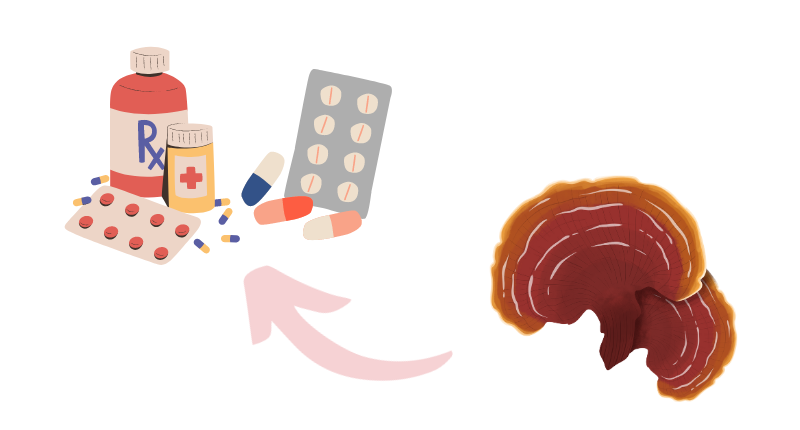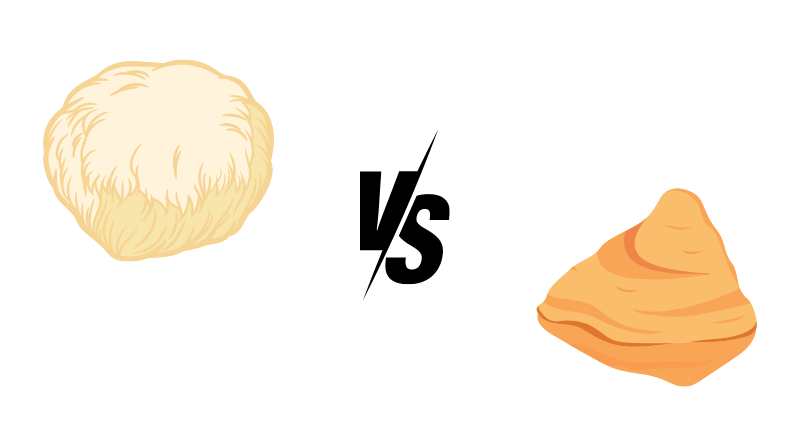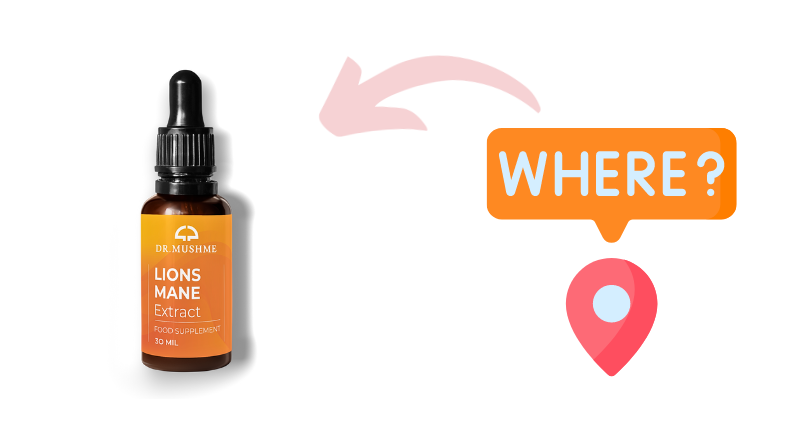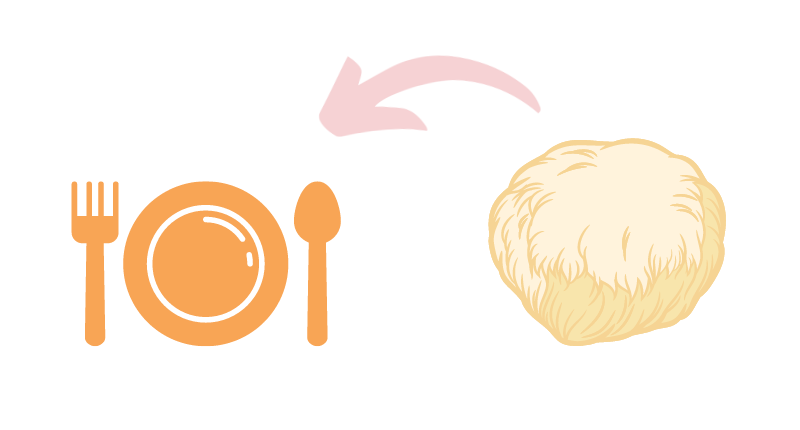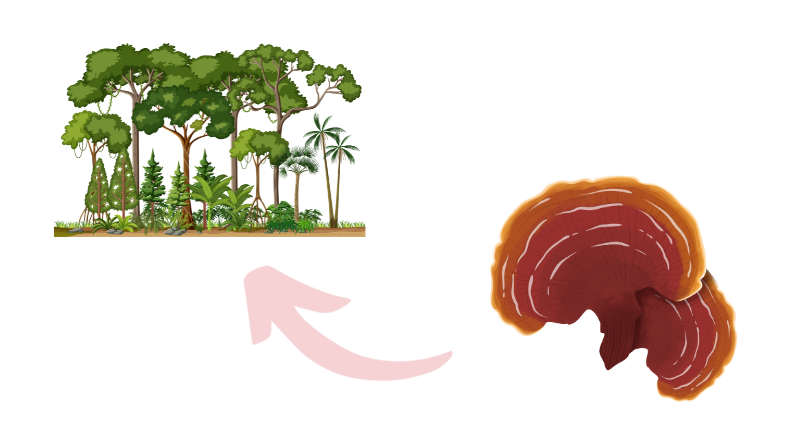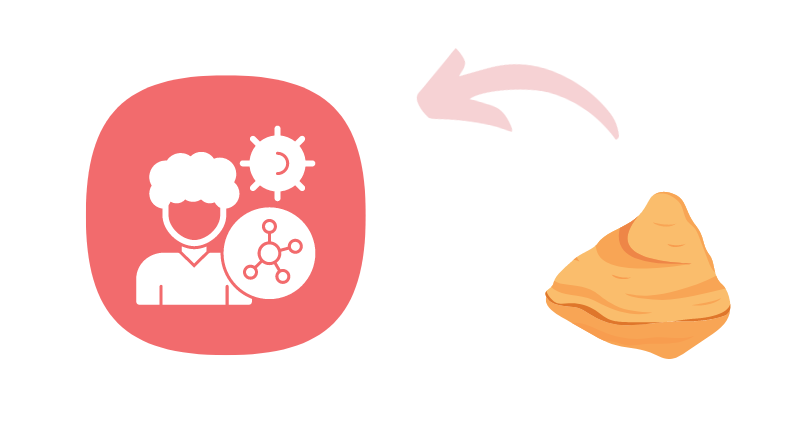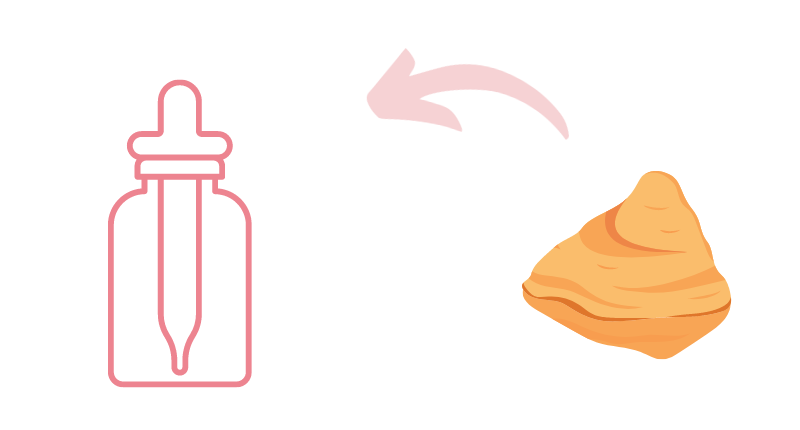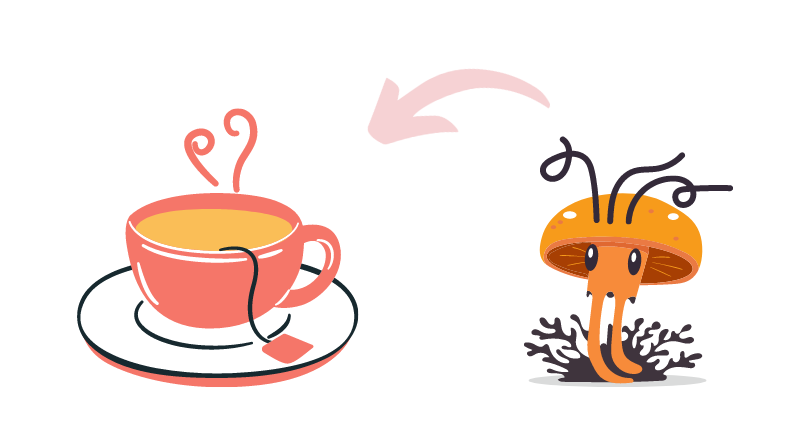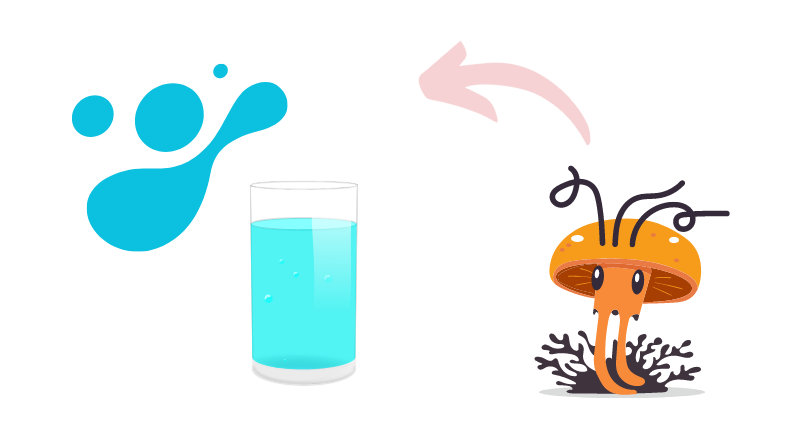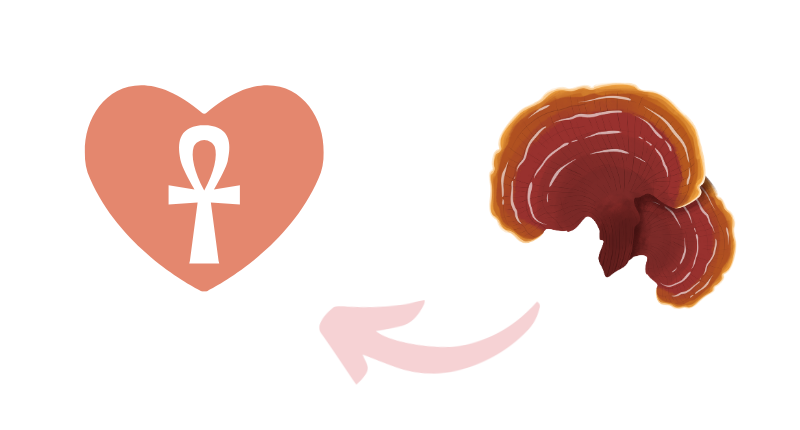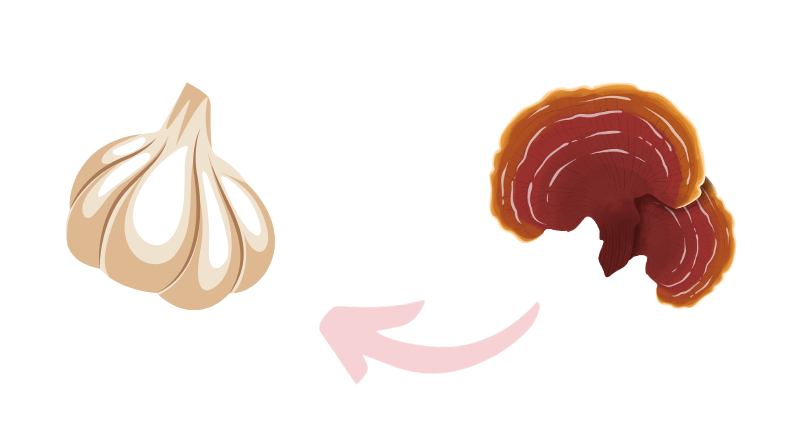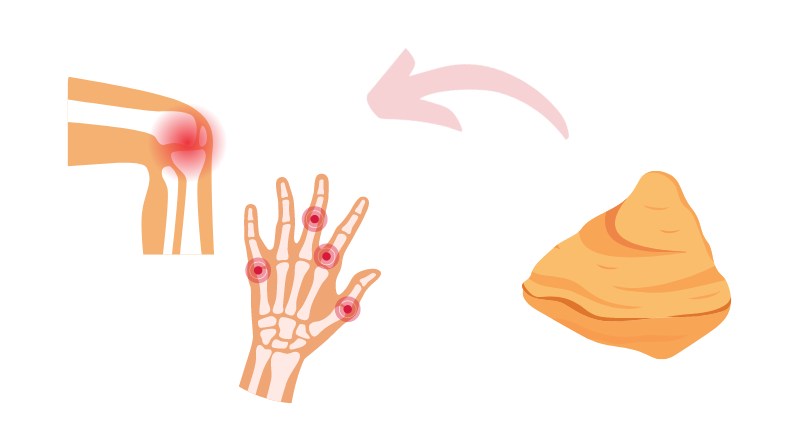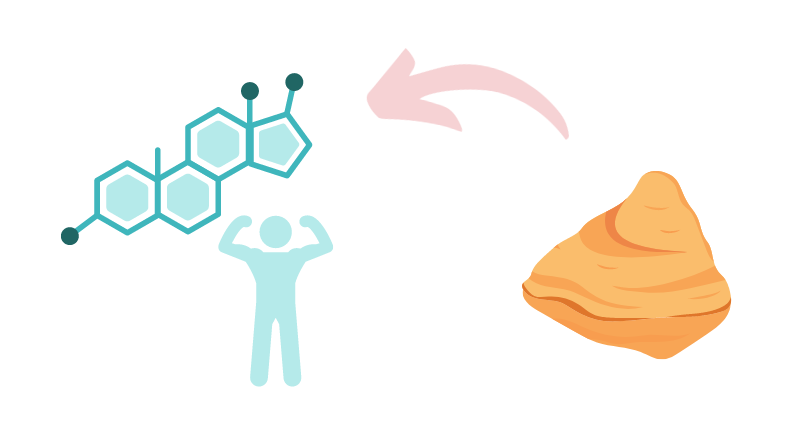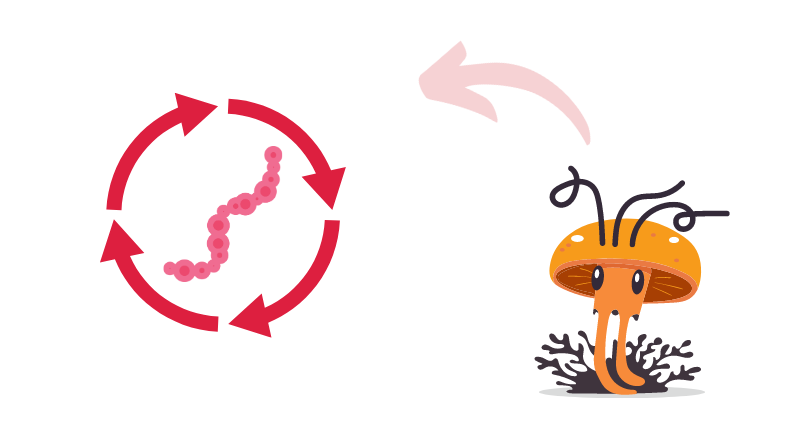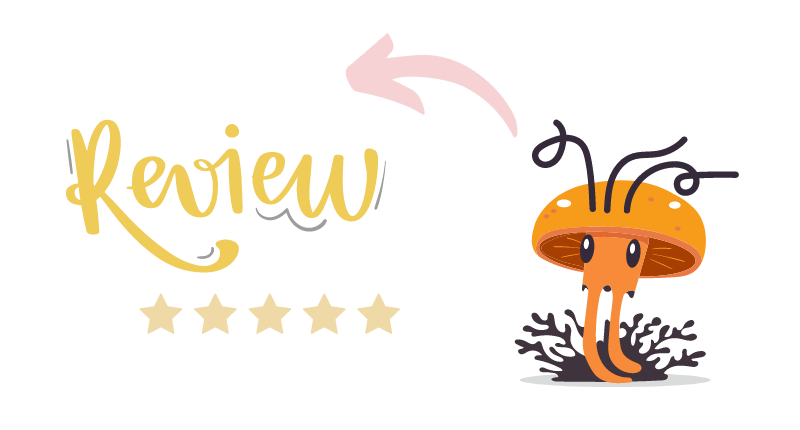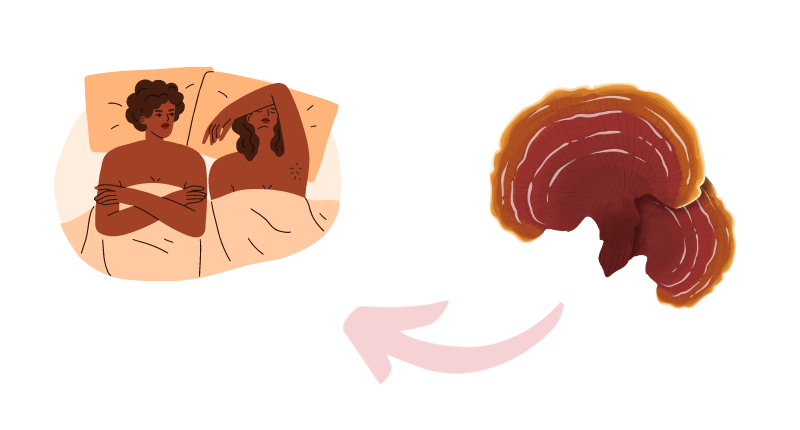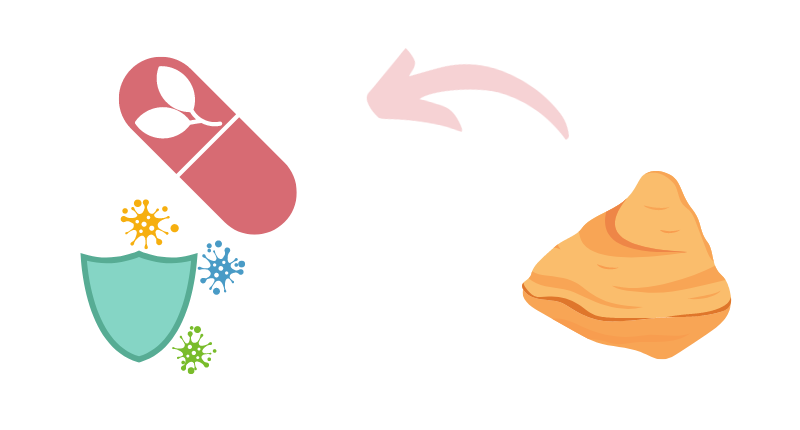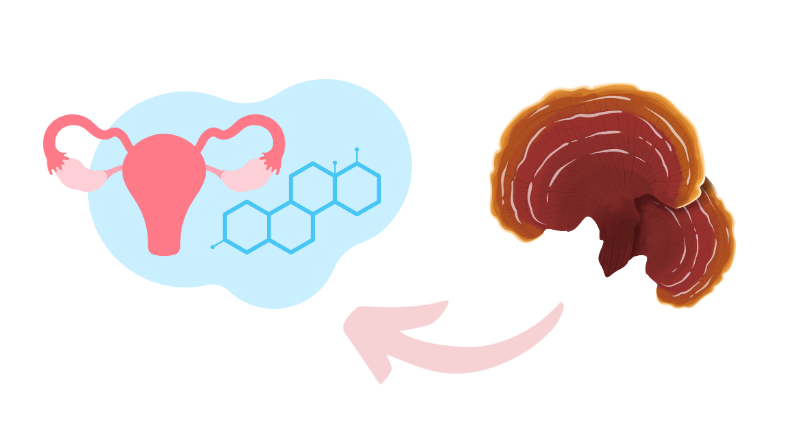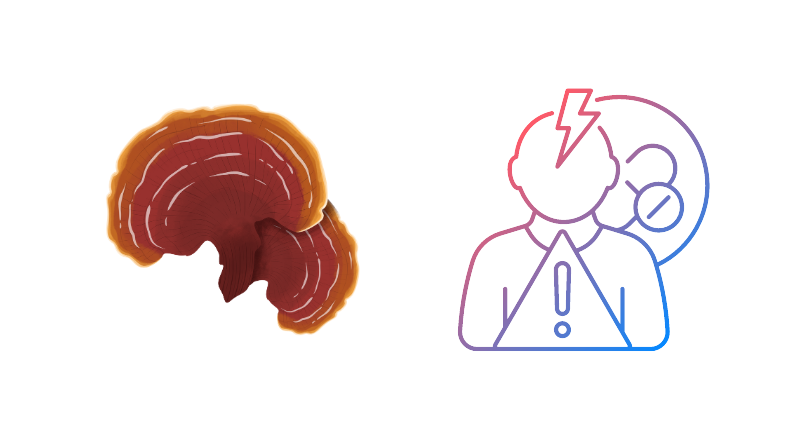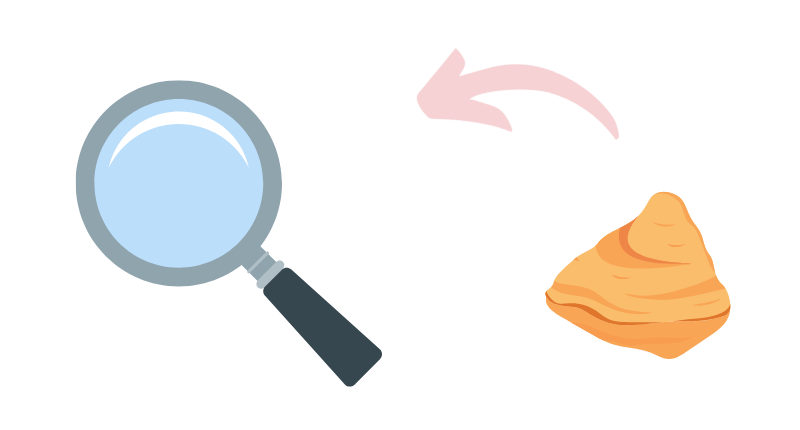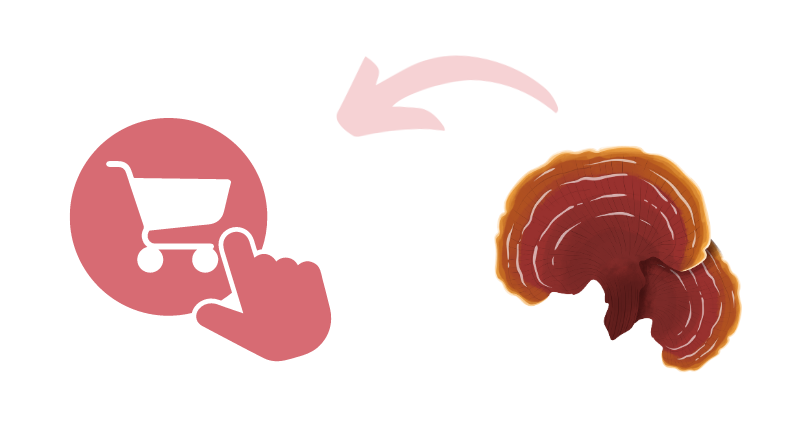Reishi mushrooms, scientifically labeled as Ganoderma lucidum, have had a long and impressive journey from their wild habitat in the damp forests to a popular medicinal cabinet all over the world.
The “Mushroom of Immortality”, Reishi, is an ancient name assigned to this wonder mushroom, which has been honoured in Asian cultures and Ayurveda due to its vast healing properties.
This chapter goes deep into the Reishi mushroom and its origin from the wild, its evolution as a medicinal mushroom and what it has been reduced to now in the form of a high-potency supplement such as the Reishi Dual Extract from Dr. Mush Me.
REISHI NATURAL HISTORY
Reishi mushrooms grow naturally in the thick, humid woodlands of Asia and mainly on hardwoods stumps and logs. This segment reveals the ecological niche of Reishi and its life cycle in the wilderness.
REISHI’S WILD ORIGINS
In the wild, spores start the life cycle of Reishi mushrooms by getting to hardwoods that are high in organic matter. The growth conditions must be moist and dark but not too much so for the spores to germinate and develop mycelium, which feeds from the wood.
The fruiting bodies take some months to develop with their maturation occurring in the late summer through fall which is why they are rarely seen due to their exact growing conditions adaptation.
MUSHROOM TRADITIONAL MEDICINE
Long time ago Reishi was used in the Western world to popularize its health benefits; however, it was among the first to be used in traditional Eastern medicine practices especially China, Japan, and India.
MEDICINAL ROOTS OF REISHI IN AYURVEDA & ASIAN CULTURE
In Ayurveda, Reishi is one of the Rasayana, a tonic which is believed to support health, longevity, and rejuvenation.
It is highly regarded in traditional Chinese medicine for its qualities to harmonize the body’s energies, to strengthen the heart, to protect the liver as well as to provide immunity and longevity. The earliest uses emphasize Reishi’s role as a panacea that aids the body’s innate ability to heal.
REISHI MUSHROOM BENEFITS: THE SCIENCE BEHIND IT
Reishi mushroom that is known as Ganoderma lucidum is an integral part of the traditional medicine of several cultures where it is most popular because of its wide range of health advantages.
To understand what makes a mushroom “functional”, why Reishi is categorized as a medicinal “functional” mushroom, it’s important to understand how Reishi impacts human health at a biochemical level.
UNDERSTANDING FUNCTIONAL MUSHROOMS
Medicinal mushrooms are types that are not only nutritious but also have health benefits. Their function is due to the bioactive compounds they have that can alter human biology in a big way.
These fungi comprise a myriad of nutrients and bioactive molecules that include polysaccharides, glycoproteins, ergosterols, and triterpenoids that act together to support various areas of the body.
HOW REISHI FUNCTIONS IN HUMAN BODY
Reishi mushrooms impact the human body through several mechanisms, largely due to their bioactive compounds:Reishi mushrooms impact the human body through several mechanisms, largely due to their bioactive compounds:
Modulation of the Immune System
Reishi has beta-glucans, a type of polysaccharide which is powerful immune modulating. Beta-glucans are active in the process of calling for the immune cells such as macrophages and T-cells that are the most efficient in detecting and getting rid of pathogens. This attribute makes reishi a potent friend in enhancing the immune system of the body.
Anti-inflammatory Properties
Triterpenes contained in reishi show very strong anti-inflammatory properties, which help in reducing the symptoms and conditions associated with inflammation. Reishi can be used to control and prevent of chronic inflammation which is the underlying cause of many diseases as it obstructs the synthesis of inflammatory cytokines.
Antioxidant Support
Reishi mushrooms contain antioxidants that help to counteract the effects of deleterious free radicals in the body. This act is the best protection against cellular damage and aging, leading to health and ultimately, longevity.
Stress Reduction and Hormonal Balance
Reishi is also an adaptogen, which enables the body to handle the stress in a more appropriate way. Through modulation of stress hormones such as cortisol, it helps develop mental and physical resilience that results in better stress control and overall healthy state.
WHY REISHI IS MEDICINAL?
Reishi mushroom is considered medicinal because of its effective therapeutic properties and wide applicability for treatment and management of many health problems.
In contrast to the everyday culinary mushrooms Reishi provides medicinal health benefits, such as improvement of immune function, antioxidative protection, and inflammation reduction, and hormone equilibrium. These effects are also backed up by an increasing body of research, which studies Reishi as a tool in health and disease management.
Several researchers have proved the health benefits of Reishi. Studies have confirmed its efficacy in increasing immunity, inhibiting the growth of cancer cells, lowering blood pressure, improving liver function, and decreasing fatigue and so on.
Such research provides a scientific background for the traditional usage of Reishi and its placing within the medicinal mushrooms.
USING REISHI SUPPLEMENTS EFFECTIVELY
Integrating Reishi into a daily health regime help in making us benefit of its total potential for health and long life.
Choosing high-quality supplements which are powerful and pure is the crucial step when using Reishi. When you compare products such as Reishi Dual Extract by Dr. Mush Me, which are laboratory tested and made from the best ingredients, you can find efficacy and reliability.
The associated benefits of Reishi supplements can also be improved by following recommended dosages and contacting a healthcare provider.
FROM NATURE TO SUPPLEMENT
The evolution of Reishi from a wild mushroom to a health supplement is propounded by the old wisdom and modern day scientific knowledge. This activity is a culture and processing of the product to preserve its medicinal properties.
HARNESSING REISHI’S POWER: CULTURE & EXTRACTION
Although wild Reishi is rare and hard to harvest, modern techniques enable its sustainable cultivation, thereby making its benefits available to all corners of the world.
Superior quality supplements, like Dr. Mush Me’s Reishi Dual Extract, employ modern extraction techniques that extract both water-soluble polysaccharides and alcohol-soluble triterpenes from the mushroom. Therefore, this dual extraction guarantees that the supplement possesses all the active compounds Reishi, which makes it as effective as possible.
MODERN APPLICATIONS OF REISHI
Today Reishi mushrooms are honored not only due to their traditional uses but also because of their adaptogenic properties in contemporary herbal medicine. These are used for controlling stress, bettering sleep, boosting immune system, and maintaining overall health.
CONCLUSION: WELCOMING REISHI’S HERITAGE
The science of Reishi being a medicinal mushroom is strong, sustained by both its traditional use in the field of medicine and modern clinical research.
Being a functional mushroom, Reishi does not only provide nutritional value, but it offers significant health benefits that can have a deep impact on human health.
With a better understanding of these mechanisms, people and practitioners can utilize Reishi to the full extent in health regimens as one of the most powerful natural therapeutic agents.
REFERENCES
- Sanodiya, Bhagwan S et al. “Ganoderma lucidum: a potent pharmacological macrofungus.” Current pharmaceutical biotechnology
- de Mattos-Shipley, K M J et al. “The good, the bad and the tasty: The many roles of mushrooms.” Studies in mycology
- Ekiz, Elif et al. “Exploring the Potential Medicinal Benefits of Ganoderma lucidum: From Metabolic Disorders to Coronavirus Infections.” Foods (Basel, Switzerland)
- Mishra, L et al. “Ayurveda: a historical perspective and principles of the traditional healthcare system in India.” Alternative therapies in health and medicine

